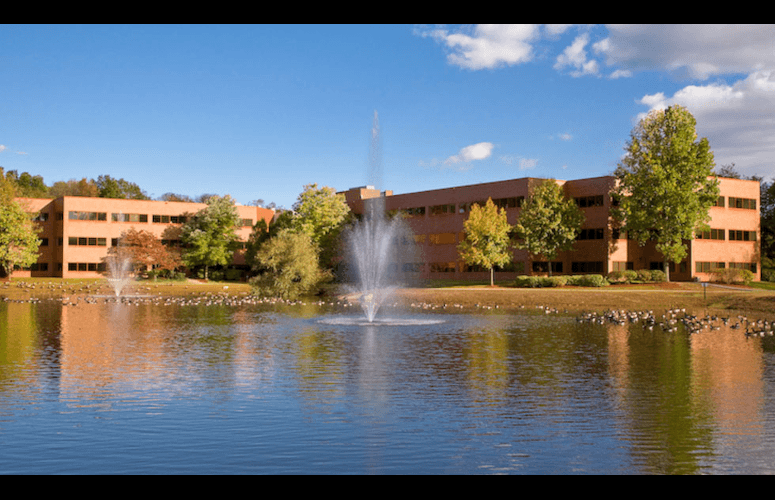
Reentry Population Supported by New Recommendations
On Apr 22, 2021The New Jersey Reentry Corporation (NJRC) released its Reentry Training and Employment Report 2021, with a series of recommendations that, if adopted and adhered to by the business community, should increase the number of formerly incarcerated individuals gaining meaningful employment through workplace training programs, including apprenticeships, and other initiatives.
Among the highlights of the report is the focus on in-demand jobs and growth industries for the reentry population.
These industries include construction, green jobs and smart buildings, food services, healthcare and information technology (IT). The development of customized training and workforce development initiatives are important in order for the reentry population to take advantage of opportunities in these industries, according to the report.
“It is [also] incumbent on us to take an expansive view of the Biden administration’s plan to invest in green jobs and infrastructure,” NJRC Chairman and former Governor Jim McGreevey said. “It is imperative that the reentry community benefits from this investment.”
Business leaders must also play a part in providing job opportunities to the “court-involved” population. One example of this is the New Jersey Business & Industry Association’s (NJBIA) partnership with NJRC and the creation of NJBIA Reentry and Workforce Development Workgroup.
According to NJBIA President and CEO Michele Siekerka, “The effort is comprised of leaders in business and nonprofit communities who will drive action on partnerships for workforce development, training and employment regarding court-involved persons … making a significant impact on their lives.”
Industry leaders in the NJBIA workgroup would commit to hiring the formerly incarcerated.
Related to the hiring is the marketing value that emanates from the positive experiences employers encounter when hiring from this population. According to the report, employers who have a history of reentry-friendly hiring practices experience decreased turnover rates, higher retention rates, and more diligent workers from this population. NJRC is working with private and public sector partners to market these advantages.
The employment needs for the court-involved population remains dire. According to the report, unemployment magnifies the impact of the reentry population. Between 60% and 70% of the formerly incarcerated are unemployed in the year following their release; they are 13 times more likely to become homeless; they are at high risk for hospitalization (one in 12 individuals end up hospitalized within 90 days of release); and they suffer disproportionately from substance abuse disorders.
Additionally, the COVID-19 pandemic has also negatively impacted this population. According to McGreevey, NJRC’s client employment rate fell from 64.7% at the start of the pandemic, to 48.9%. The report also states that many NJRC clients who had jobs when the pandemic hit were among the first to be laid off.
The statistics are troubling, but the NJRC is boosting its role in aiding the formerly incarcerated. Next week, the organization will launch its Governor’s Reentry Training and Employment Center in Kearny. This three-story, 25,000-square-foot facility will feature nine classrooms, and 12 resources offices (which will provide for major industry certifications in solar technology, construction, CISCO certification, automobile mechanics; and medical coding/health maintenance).
According to McGreevey, “Working with NJBIA, the New Jersey Department of Labor, and our business partners, we have developed a pipeline from incarceration release to reentry to stabilization to training to employment. We believe in a God of second chances!”
The full Reentry Training and Employment Report 2021 can be accessed here.
To see Gov. McGreevey speaking about the NJRC on a recent episode of NJBIA’s Minding Your Business, click here.
To access more business news, visit NJB News Now.
Related Articles:





